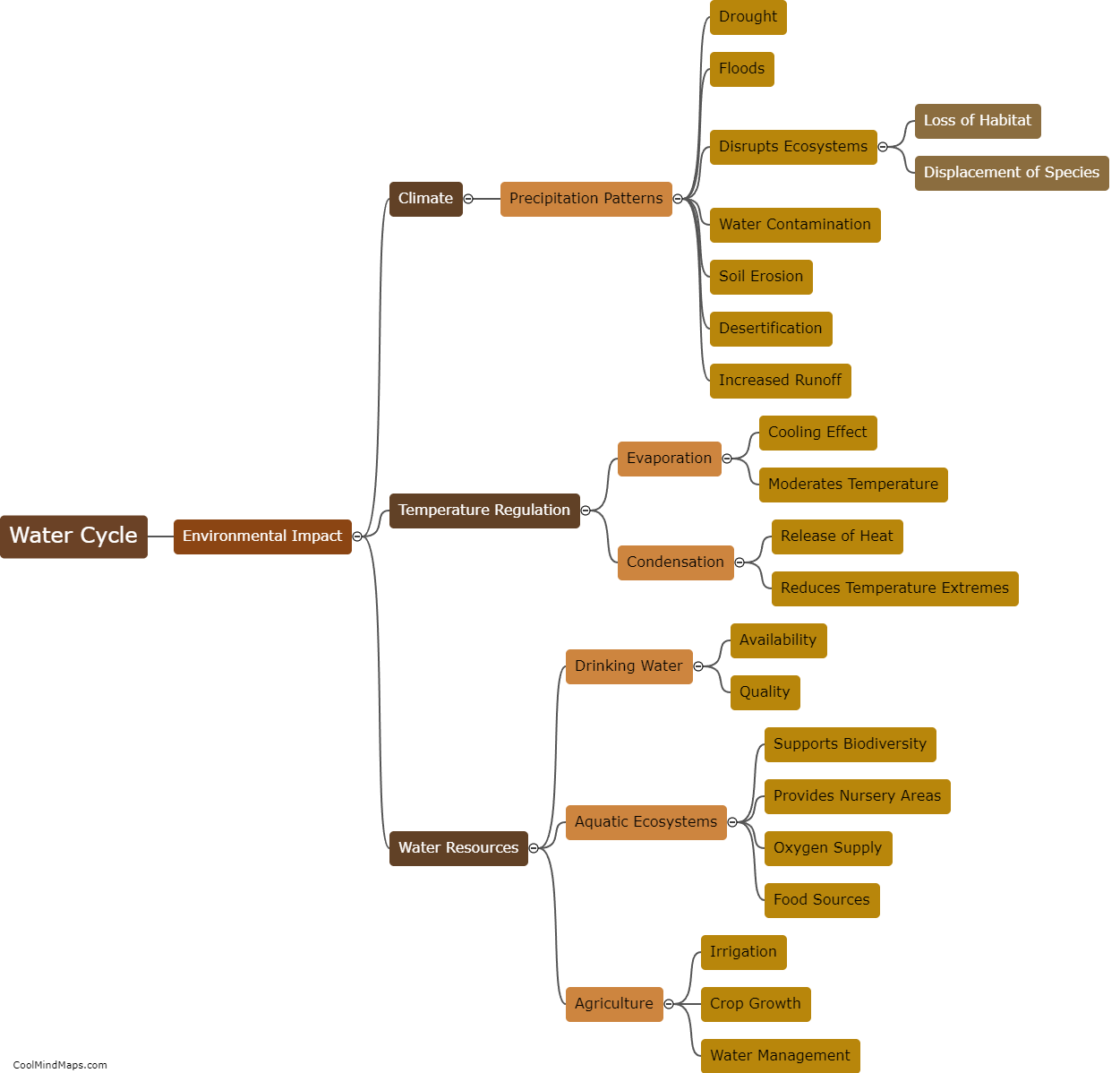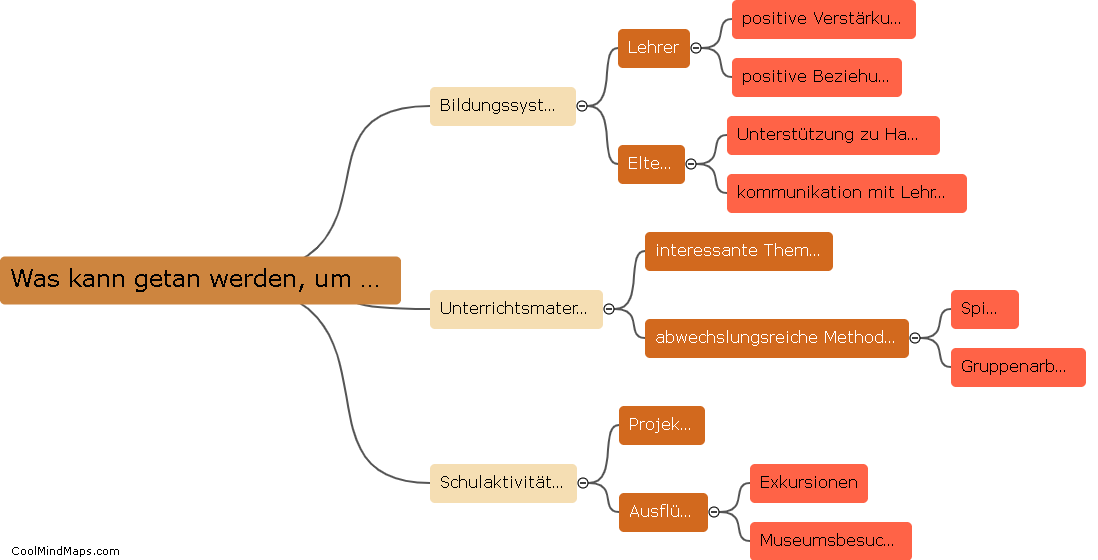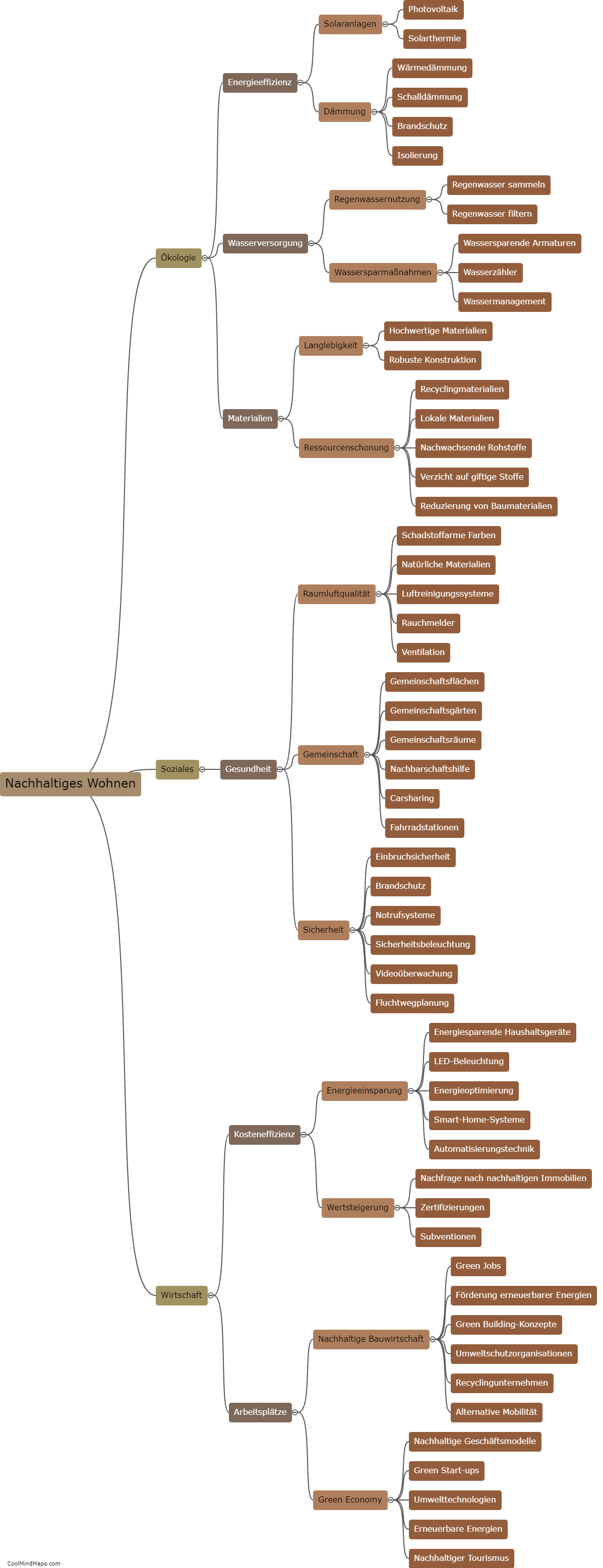How does the Frankfurt School critique the culture industry?
The Frankfurt School, a group of critical theorists associated with the Institute for Social Research in Frankfurt, Germany, offered a scathing critique of the culture industry in the mid-20th century. The culture industry, they argued, was a capitalist mechanism that commodified and mass-produced culture, transforming it into a standardized and homogenized product. For the Frankfurt School, this industry had developed as a means of social control, perpetuating the existing power structures and preventing genuine democratic engagement. They argued that the culture industry fostered a false sense of happiness and satisfaction through the mass production of cultural goods, promoting conformity and passive consumption rather than critical thinking and individual creativity. In their critique, the Frankfurt School argued that the culture industry created a form of cultural hegemony that stifled dissent and perpetuated capitalist exploitation. This critique called for a reevaluation of culture as a force for emancipation and a challenge to dominant ideologies.

This mind map was published on 2 September 2023 and has been viewed 101 times.











